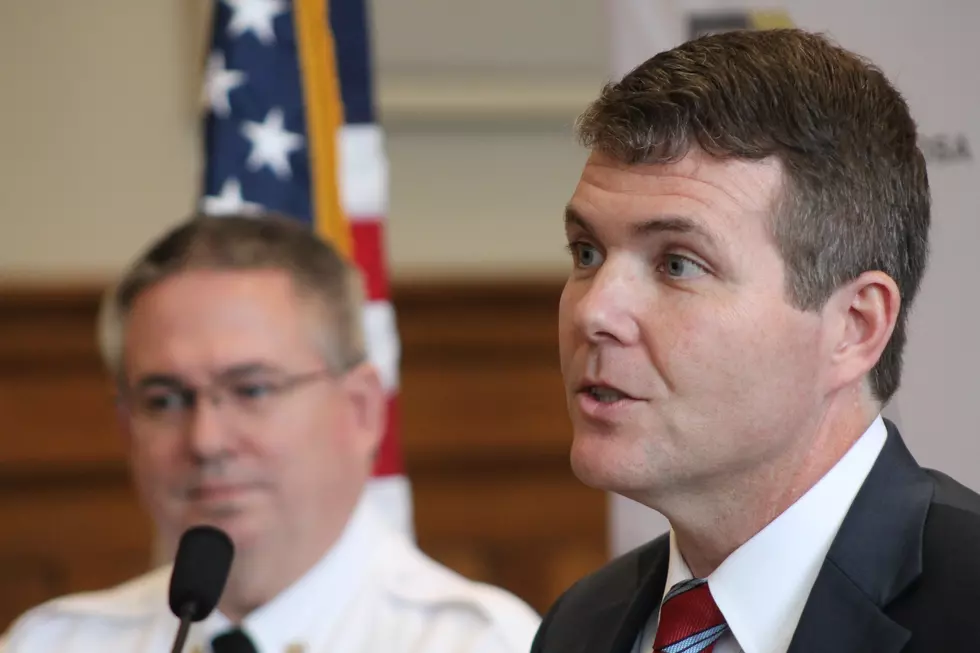
Mayor Maddox to Make Mega Apartments Recommendations Today
It doesn’t take much driving around Tuscaloosa to see the proliferation of mega-student and multi-family oriented multi-story apartment buildings that have gone up the last few years. And there are more in the planning stages. That is where a significant question facing the Tuscaloosa City Council must be answered. Are there now too many of them?
7th District City Council representative Sonya McKinstry raised that question at a recent council meeting, "If we keep putting these apartments up and they are not full; I don't see where we are really helping ourselves".
With COVID-19 still raging, many in higher education are concerned that as much as 30% of college student bodies may not return to campuses this fall. Expectations are that many will opt either to take online courses or to sit out the school year until a creditable vaccine can be developed to deal with the coronavirus.
Any significant number of students not returning to UA could have a devastating effect on the occupancy rates of these giant apartments and condos. It could leave many with empty rooms thus Councilwoman McKinstry and others concern.
Mayor Walt Maddox is making his recommendations on the issue during this afternoon’s city council administration committee meeting. The recommendation was developed through staff analysis and feedback gathered during several work sessions that have taken place over the past two months.
In 2013 Maddox created the Student Rental Housing Task Force (SRHTF) made up of civic and business leaders. SRHTF made recommendations and the City Council adopted the vast majority but the construction continued, especially by our of state companies who build such apartments in college towns.
In 2017, to address the impacts, the City Council adopted a water and sewer service fee to ensure that the developer and not the taxpayer offset the financial burden.
In 2019, the City Council declared a moratorium on multifamily mega complex developments of 200 bedrooms or more (primarily student apartments). The goal of the moratorium was to provide the City Council time to develop a comprehensive plan for land use, zoning, development codes and infrastructure.
The City Council extended the moratorium on several occasions with an expected completion date of this summer. However, on May 12, the City Council voted 4 to 3 to allow the moratorium to expire on May 30.
Maddox then signed an executive order extending the prior moratorium applicable to mega student apartments. As he did the mayor stated, "I absolutely believed that this was in the best interest of the taxpayers, and within my authority as mayor." That order was later rescinded.
In a June 4 statement Maddox said, "I will not waver on my position that mega student apartments are bad for public safety, neighborhoods, infrastructure and our overall quality of life. It becomes even worse if it is not addressed immediately. Since 2011, the University of Alabama has grown by 7,871 students while in the same time over 14,000 new apartment bedrooms have been added. The surplus of beds coupled with the services and infrastructure required for mega student apartment complexes are a perfect storm that can jeopardize our City’s future."
Mayor Maddox's recommendations today presage a comprehensive plan of action by the council to better deal with large-scale apartment and condo development.

More From Alt 101.7









